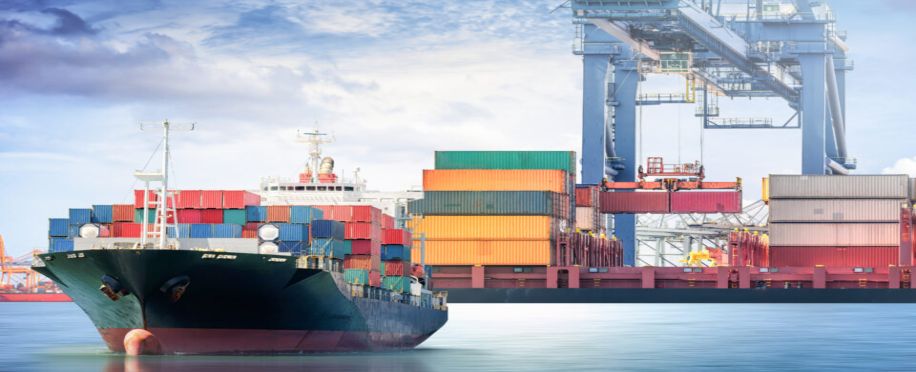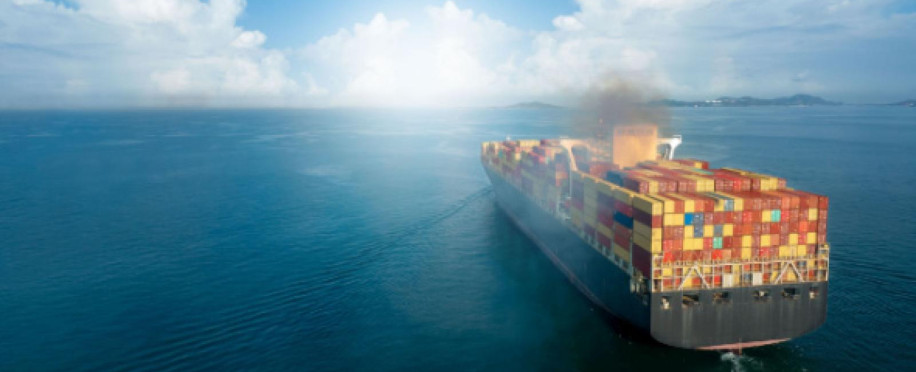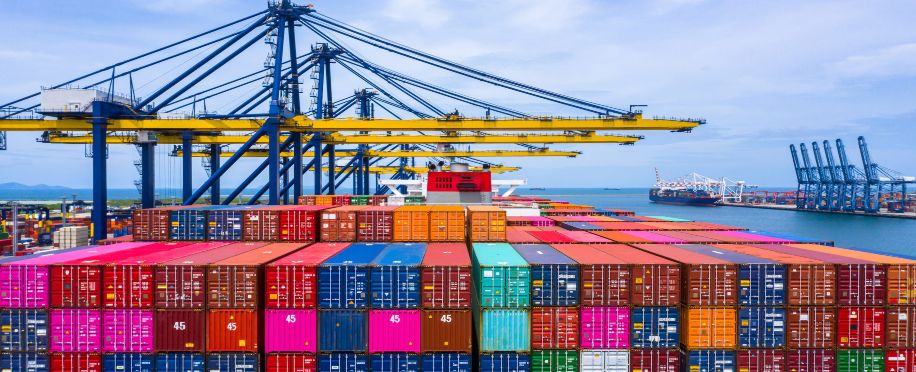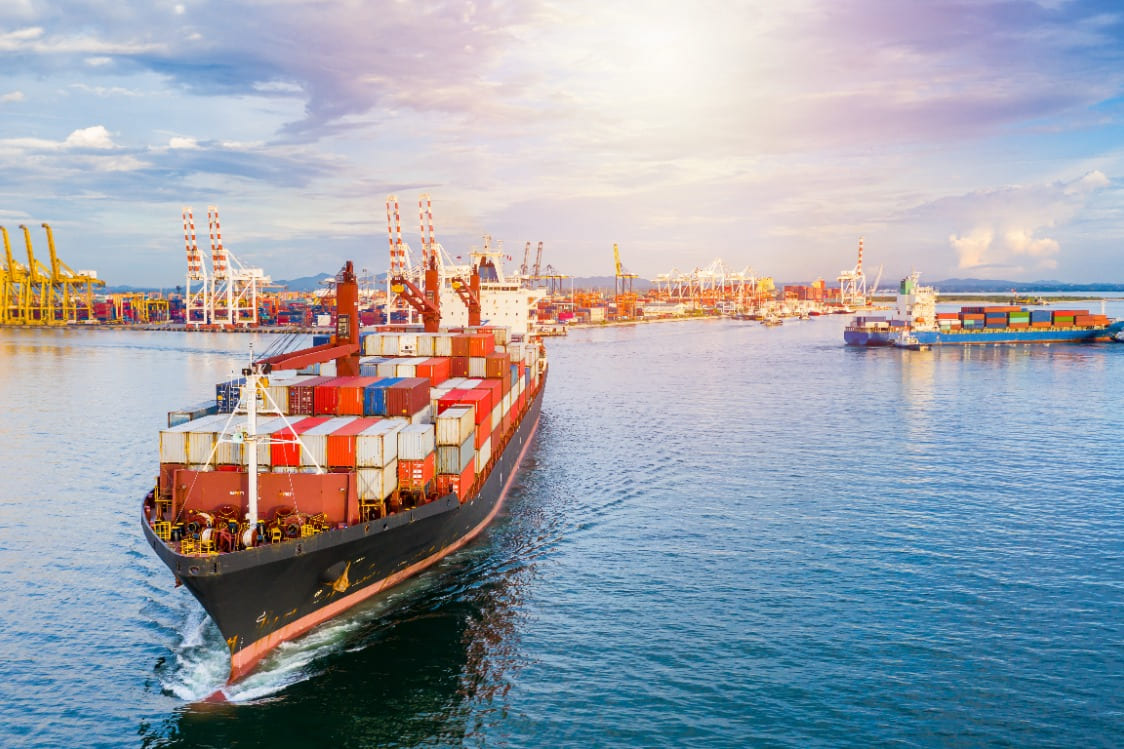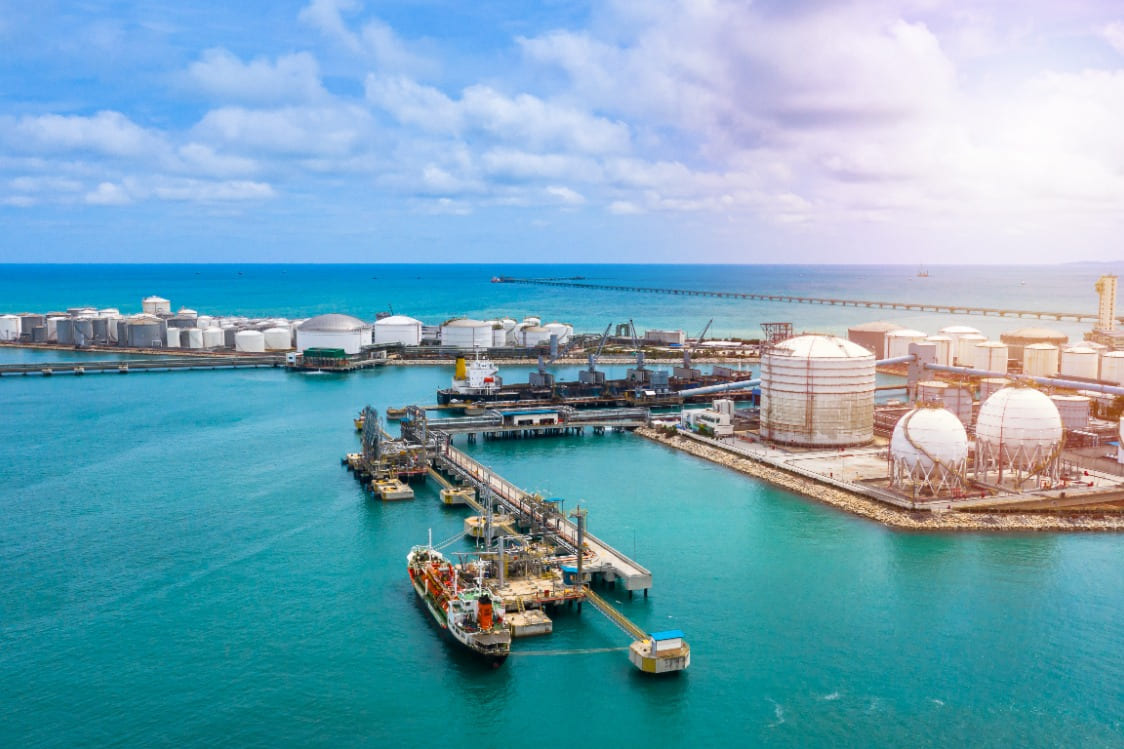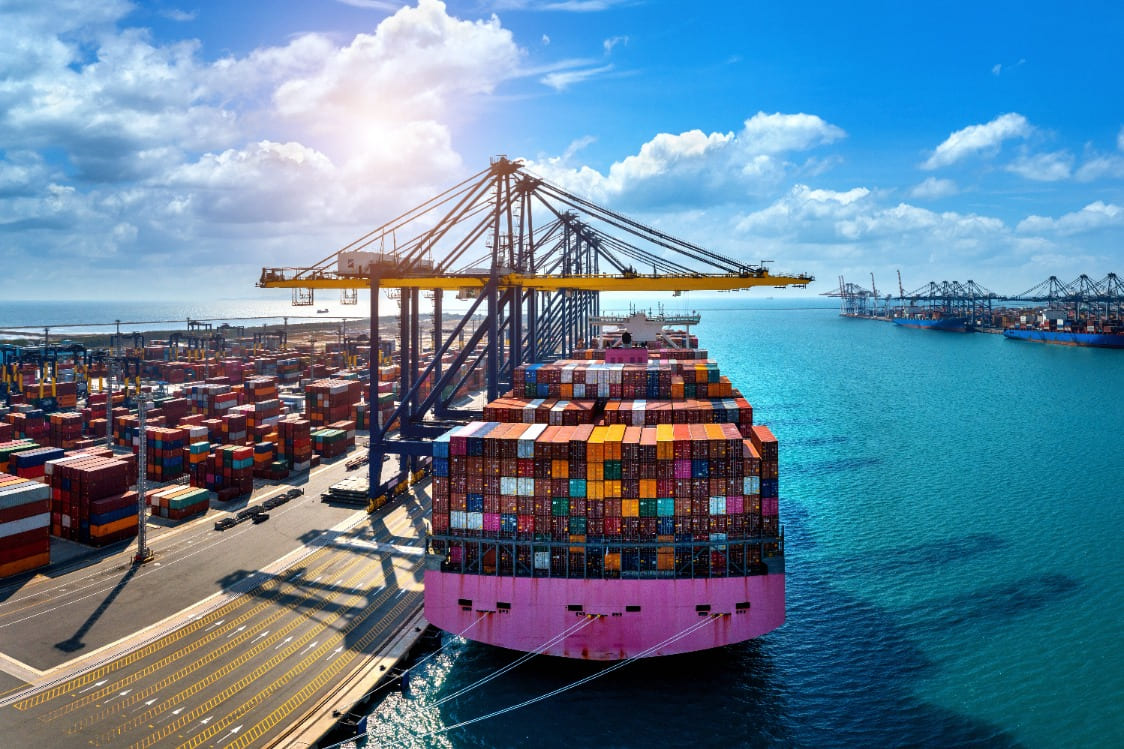Bunkering Basics: Fueling the World's Shipping Industry
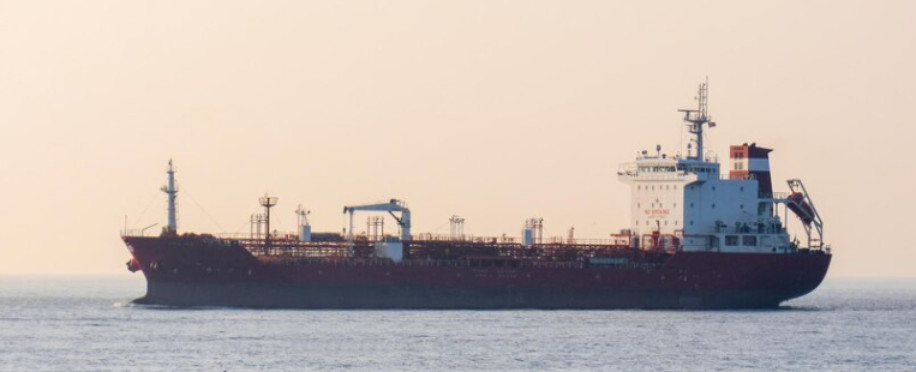
Posted on Jan 25, 2024 at 08:01 PM
Bunkering is the heart of the maritime business, why? Because all efforts to provide an adequate shipping experience fail if a ship can't finish its voyage. if transferring freight across seas is ever to happen, especially across major bodies of water like an ocean, they need to be bunkered to their destinations.
This article will be an introduction to bunkering, the types of marine bunkering, and how to master it.
Why is it called bunkering?
The Bunker is a commonly used term in the defense forces and it refers to an area, where personnel and supplies can be kept safe and secure (for example fuel, ammunition, food, etc). This was originally known as “Bunk” which means a reserved seat or a bench.
When it comes to marine operations, however, the meaning of bunkering has changed to mean the supply of oil, petroleum, or gas stored in a ship to be used by other vessels for machine operations, that is to say, that ships carrying fuels from one place to another are not bunkers, bunkering only happens when the vessel acts as a storage for other ships or tanks.
Let's turn that around, Bunkering is the process of supplying fuel to a ship or other vessel. It can also refer to the act of storing fuel in tanks on board a ship, which are then used for propulsion.
An Introduction to Understanding Bunkering
Bunkering is fueling ships with energy to allow them to travel and perform their many obligations. With their sheer size and rate of distance and time they travel across the sea, most vessels need lots of fuel or gasoil to run the many engines and systems onboard. Bunkering is the very heart of shipping innovations which ensure smooth trade around the whole world.
The Importance of Bunkering
Bunkering is of paramount importance due to several key reasons, it provides a great service to shipping companies, here's why:
1. Ensuring Uninterrupted Operations:
To ensure smooth sailing, ships require a consistent and dependable fuel source. Bunkering provides ships with a continuous refuelling supply, enabling them to keep their typical routine and have their cargo or shipped products delivered.
2. Compliance with International Regulations:
Bunkering is an activity bound by strict international fuel laws, including the International Convention for the Prevention of Pollution from Ships (MARPOL). Adherence to these standards is very essential in reducing ships' impact on the environment and also securing the sustainability of marine ecosystems.
3. Enhancing Efficiency and Cost-Effectiveness:
Bunkering efficiency has a direct bearing on the performance of any ship. Fuel management at the optimum levels can result in reduced fuel consumption and, thereby, lower costs for ship owners. Besides, efficient bunkering reduces the risk of the fuel deficiency, which allows ships to sail long routes with great ease.
Types of Bunkering
Bunkering includes three primary types, each varying in terms of location, process, and the quantity of fuel usage.
1. Port Bunkering
In port bunkering, the vessels refuel their tanks inside a port. Ports serve as the terminals for bunkering services, featuring specialized infrastructure that ensures convenient access to fuel resources. Port bunkering has the advantage that a ship stays within its route during the stopover, which makes it an optimal choice for the vessels.
2. Truck-to-Ship Bunkering
Bunker delivery by land, or truck-to-ship bunkering, is a type of operation that typically involves distributing fuel into ships from specialized tankers. This shipping technique is often hired when the port infrastructure is inadequate or unavailable. The fuel is pumped from the specially designed trucks into the ship’s tanks through fast and accurate equipment.
3. Ship-to-Ship Bunkering
Ship-to-ship bunkering means the transfer of fuel from one vessel to another when they are docked or when they are close in proximity. This approach is very effective in cases when a ship cannot reach a port or needs additional fuel while on board. Fuel transfer between the vessels is safely secured through strict safety protocols and modern technology.
Can Shipping Management Courses In London help you bunk?
There is a wide range of ships and ports, and even more bunkering practices, If are you looking for a sure manual on how to power your shipping procedure, then you should consider taking a digital course in shipping management. Shipping management courses in london offer you a chance to learn about the different types of ships and their bunkering and fuelling practices, as well as how to manage your crew and ensure that they are safe while on board.
Finally,
Bunkering is one of the most important solutions to the growing concern of ships exceeding their fuel limits, bunkering has allowed ships to deliver cargo to further destinations and connect far away places. So, if you're a businessman planning on pioneering ship transport, you should master the art of bunkering today.
